Jonesish is a reader-supported publication. If you enjoy what you’ve read and want to support me, please like and share, or subscribe to get further updates. Thank you!
Influenza A got me1; the current plague that’s been roaming the offices and schools of Sydney. I thought I'd drained my battery too low after full-on week of work and back-to-back events, nothing an early bedtime couldn’t fix. But I couldn’t fall asleep either, instead, cycling through the same feeds: Instagram, LinkedIn, Substack, Threads.
My mind would not turn off, despite my exhaustion, and I panicked. I started searching ‘social media addiction’ and promptly checked out two new library books.
I woke up with a fever and sore throat, realising my previous panic could be chalked up to feeling crispy around the edges. My body was exhausted, my mind didn’t take the cue and instead tried to fill it with whatever dopamine it could find in reach.
This hunt for dopamine comes from the longing for novelty. Not upending daily routines or becoming a new person, but more to appease the worry of going through the motions. Or as we say now, feeling like an NPC.
Perhaps you have the same worries too, which start out as small, fleeting thoughts that can be easily swatted away with a good brunch, a well-timed vacation, or a talk with trusted mentor. But if those remedies don’t help or it’s ignored altogether, the cage starts to form and it will always come to a head with the big question, “What am I doing with my life?”
The cost of living, political unrest, the uncertainty with AI; all compounds these thoughts into the worry of our livelihoods. Can we really afford not to go through the motions when it’s sustaining us? Even the most driven people, the founders and entrepreneurs you see hustling in your feeds, have these same worries. I’ve spoken to many; all dedicated, headstrong, and still wondering what they’re doing.
When we have these thoughts, we double down. I certainly did. When I switched from art direction to product design, my playbook was simple: eat, breathe, dream in tech. Everything I read, every event I attended, every conversation I had—it all had to serve the career switch. Consistent practice leads to consistent reward, right?
But this is where semantics is important. Consistent practice. Practice isn’t a 24 hour thing, it’s dedicated time and space to hone something. My practice was a lifestyle, crafted out of worry. Even when I went out with friends, even when I explored Seattle, the back of my mind was running: tech, tech, tech.
Eventually I cracked. "Fuck all of this," I said, and decided I wanted to be a teacher. I consulted on the side while I went to community college to fill the credits I needed to apply for my masters. My first two courses were a science elective and an introduction to pedagogy. After getting the syllabi, I raced to the bookstore to get a head start on reading.
I picked meteorology as my science, a lifelong love of mine thanks to a very handsome presenter from our local news station2. The textbook had no handsome people, but gorgeous scientific illustrations. I'd flip through it like a coffee table book. I began documenting the clouds outside my window, hour by hour, and refreshed on my chemistry and physics knowledge.
I was juggling coursework, part-time work at a primary school, and three ongoing clients. I was busy, but refreshed. Tech started feeling good again. I got a very fanciful idea of creating the Next Big EdTech thing, only to realise that much of the issues teachers and students faced rested on the federal, state and local governments—not something a startup can fix.
Stepping outside my usual routine helped enormously. I started enjoying design again, solving problems, learning new technology.
But in full transparency, I was constantly worried about money. Where my next clients would come from, how I'd sustain myself as Seattle's costs kept rising, how would I pay for a master's degree? And more importantly, did I actually want to be a teacher or had I just convinced myself I could do it? After 6 months working with kids of all ages, I realised I was not cut out for it.
In my desperation for stability, I applied for a full-time job that I thought was in Seattle, but turned out to be in Singapore. That decision changed everything in my life: leaving the US for good, meeting my now-husband, finding myself outside of my job title.
Looking back, that whole journey started because I gave myself permission to step sideways into something completely unrelated to my career panic. Would I have come to any of these conclusions without a break? And not the traditional sense of a break either, where we slow down or take time off. When I talk to founders and executives, a break does very little for them; their minds are constantly working in the background on what to do once they get back.
No, oftentimes we need a break from our lives. Just something to give us a reset. There's research showing how novelty helps with problem-solving abilities and emotional wellbeing. It doesn't need to be dramatic, like resetting your entire life; it can be incredibly small.
From reading a book you'd never pick up to taking a class on something you never thought you'd be interested in to trying a food you never thought you'd like. You may find a new interest or hate it altogether. The point is to get out of your bubble and peek into a new one or two or three.
Like this weekend.
Hopped up on cold medicine and scrolling through Substack for something to read, I came across an article on reading all of Shakespeare in one year. I love reading, but seldom poetry and never plays; the last time I read one was for high school English classes which covered A Streetcar Named Desire and Romeo & Juliet. We can’t escape the references in Western pop culture though, from the most common retellings of The Taming of the Shrew to nods to Hamlet and Macbeth. The ones I had the least familiarity with was the historical works, so I started there.
Richard III caught my eye, the story of a villain’s rise and fall from power. Laurence Olivier, Al Pacino, Ian McKellen, Kenneth Branagh, Ron Cephas Jones, Martin Freeman, Ralph Fiennes and Arthur Hughes have all played Richard in adaptations for the stage and screen.
I started with an active experience: reading the play while listening to the audiobook of Kenneth Branagh and full cast performance. It was comforting, lulling me into a sleep. One aspect I was missing was the theatricality; I could hear rustling in the recording and Shakespeare wrote very little stage direction save for entrances and exits. I searched on YouTube and Kanopy for same performance.
Instead I found the 1955 film by Laurence Olivier and an essay detailing the restoration process of the original VistaVision negative for the Criterion collection. According to Amy Taubin, the 35mm, 16mm, and DVD had faded the brightness of the Technicolor. The version I was about to watch was as close to the original as it could get, with each frame digitally scanned and color corrected.
The film was phenomenal. First, in Olivier’s performance as Richard, morphing from sadistic to charismatic, leaving you rooting for this homicidal maniac. Claire Bloom and Mary Kerridge are also equally captivating, the pain exhibited in their eyes as Richard murders their loved ones and twists them into impossible decisions.
The second is the cinematography. The infamous monologue in the beginning , ‘Now is the winter of our discontent’, delivered in a continuous shot as shadows engulf Richard’s face during his darkest lines. The blocking of each scene to feel like a painting and a nod to theatre settings. Each scene showing the symbology of doors, windows, and shadows as we move through the story. The extended pause as each character realises they are about the meet their deaths.
The vividness of the red stood out to me, almost signaling the bloodshed. But the blues, or the lack thereof, stood out to me more; why was there a cyan tinge? This led me down a rabbit hole of old cinematography forums and webpages explaining the dying process.
—
Diving into Richard III cost me nothing3 but gave me everything I was actually seeking when I was doom-scrolling at 2am: genuine surprise and the pleasure of learning something I didn't know I wanted to know.
I keep thinking about the founders I know who are relentless in their pursuits but ultimately exhaust themselves. They feel stuck, like they're running the same program over and over, getting the same outputs. They double down, push through until that next holiday. Which won't fix it.
What works is the sideways step, the reset, the randomness. Spending a morning learning to identify birds, diving into a cheesy thriller, learning 12th century trade routes, taking Zumba with the aunties.
When you're deep in growth targets and product roadmaps, when you only speak to people in the same boat, your brain develops tunnel vision. Everything starts looking the same and you start thinking everyone is exactly like you. But step into some completely unrelated domain and suddenly you're seeing patterns again. Making connections that weren't there before.
I'm not suggesting you drop everything and become a Shakespeare scholar. But maybe your next breakthrough is hiding in the most frivolous thing you've been too disciplined to pursue.
✌️CJ
Ask CJ, my advice column, is open for questions. If you have a burning question about life, work, and everything in-between, you can submit it anonymously here.
I forgot to get my flu shot, massive regrets now.
WRAL’s Greg Fishel, hear me out!!
Folger Shakespeare Library and Project Gutenberg for the text, Libby for the audiobook, Kanopy for the movie, and a couple of searches. Well, I guess it cost my taxes that fund my local libraries and what I pay for internet each month.



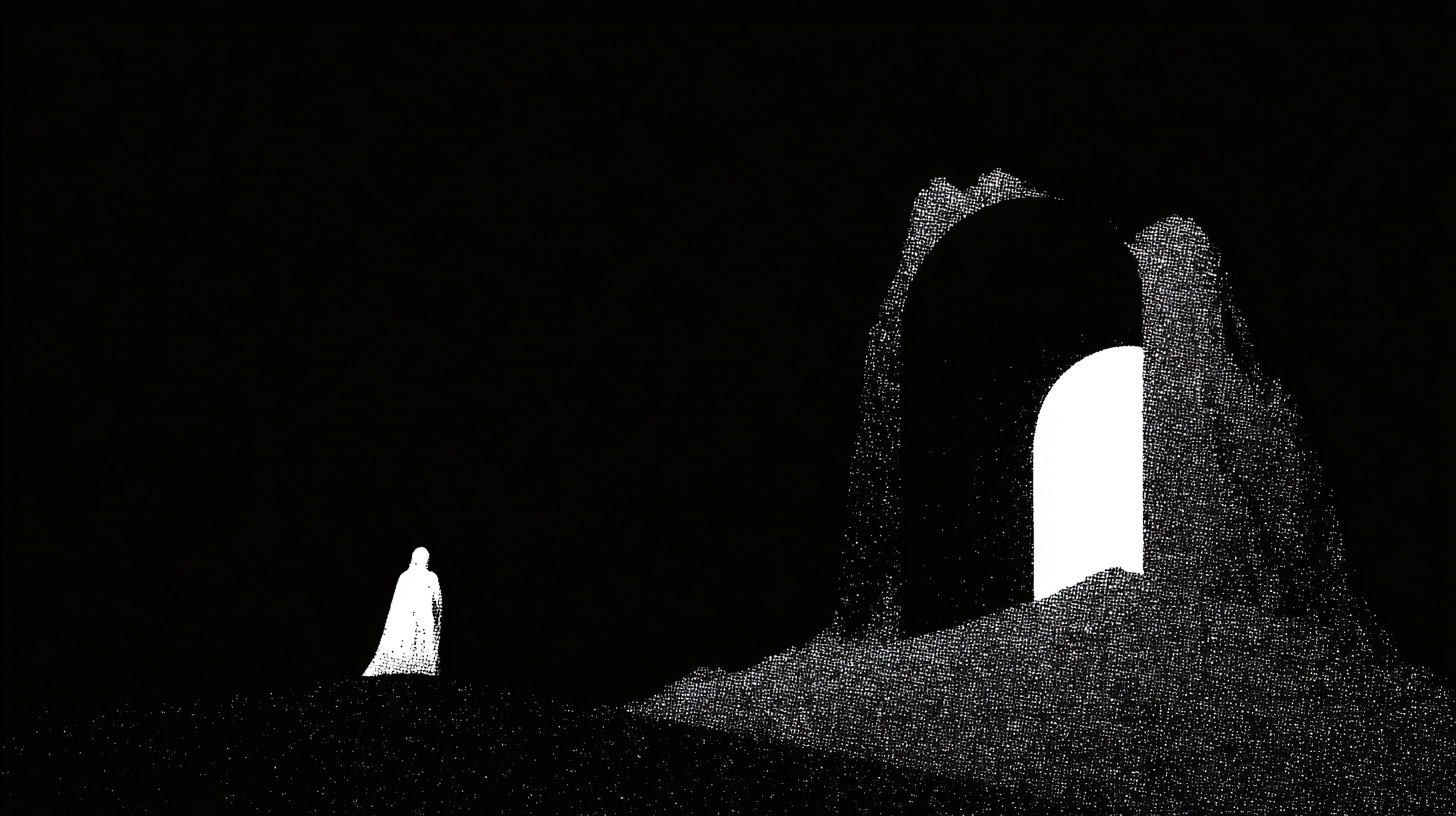
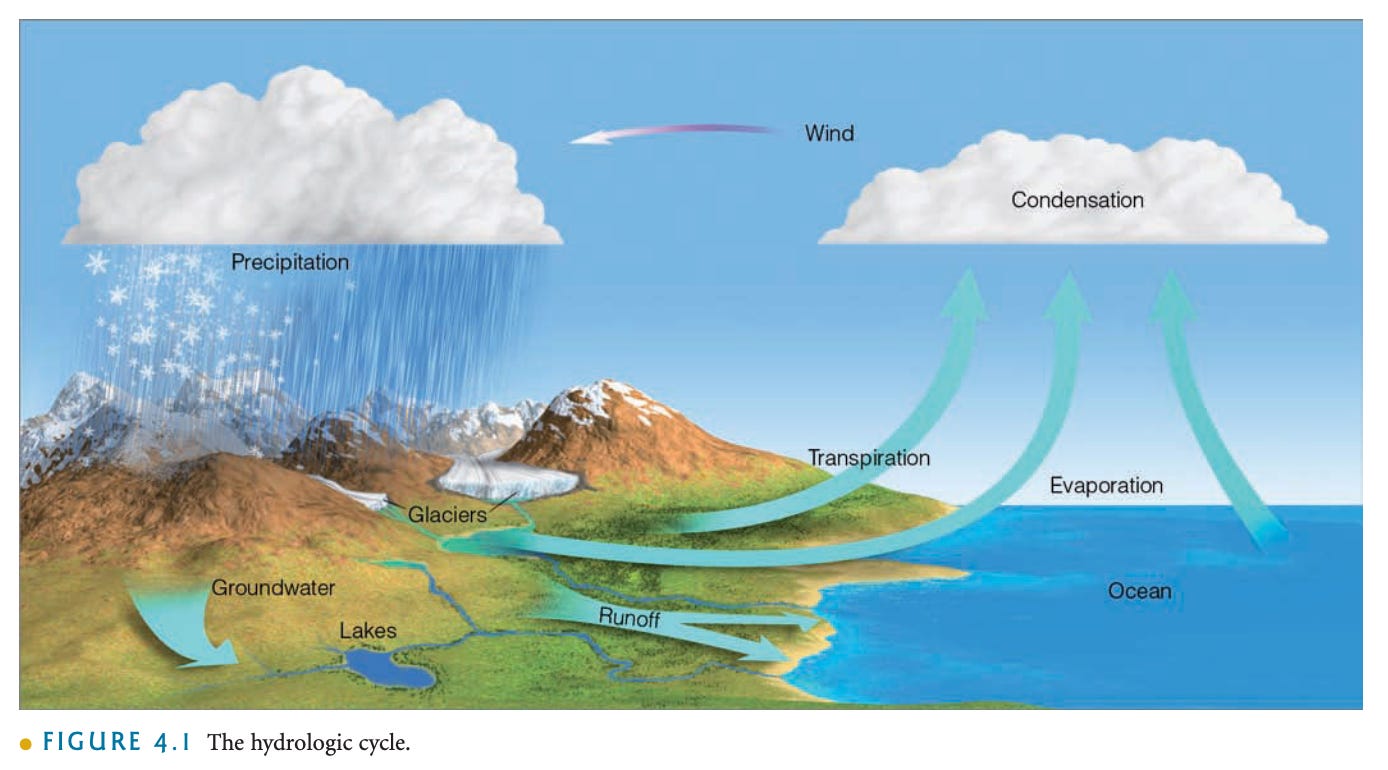
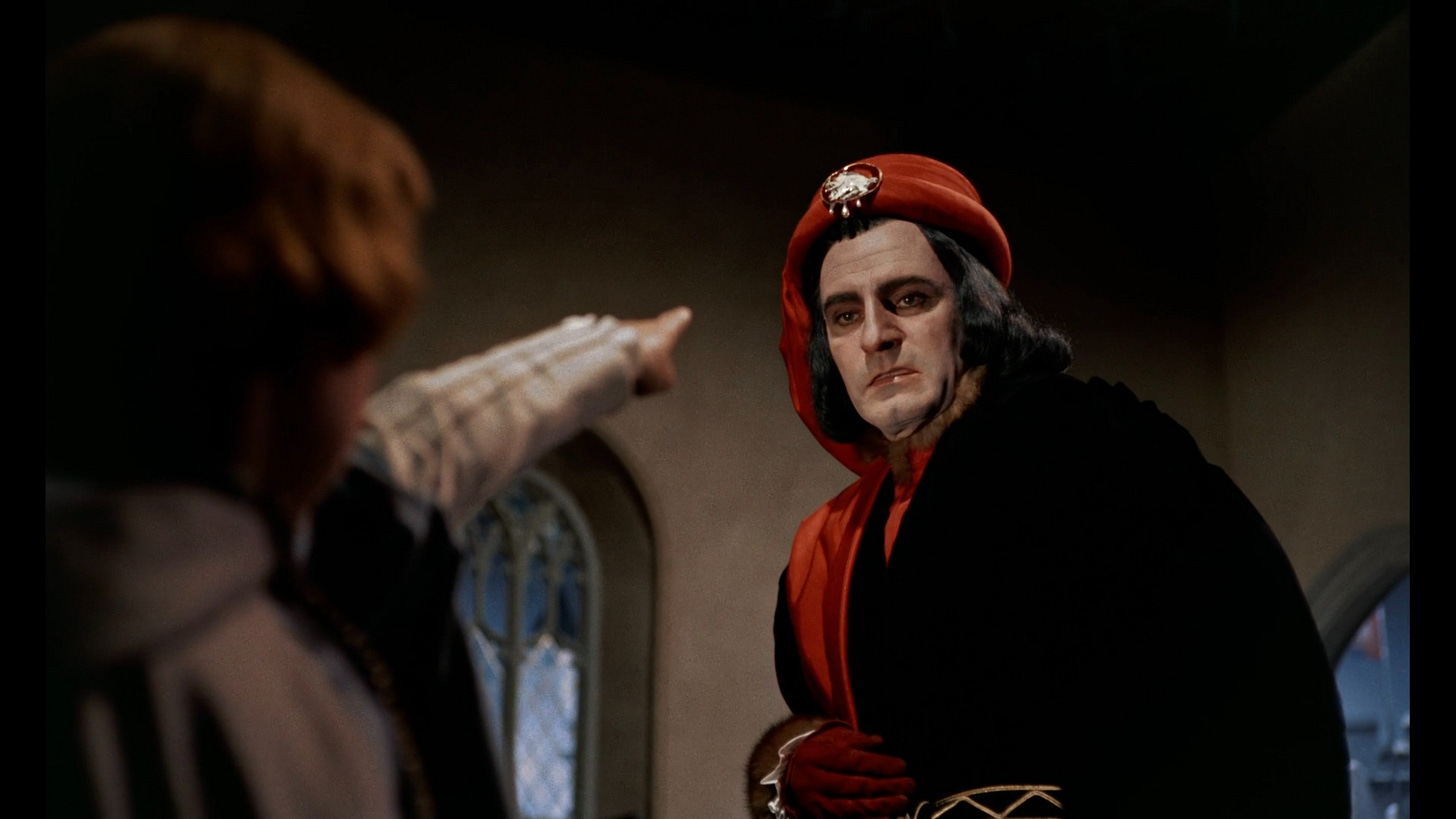
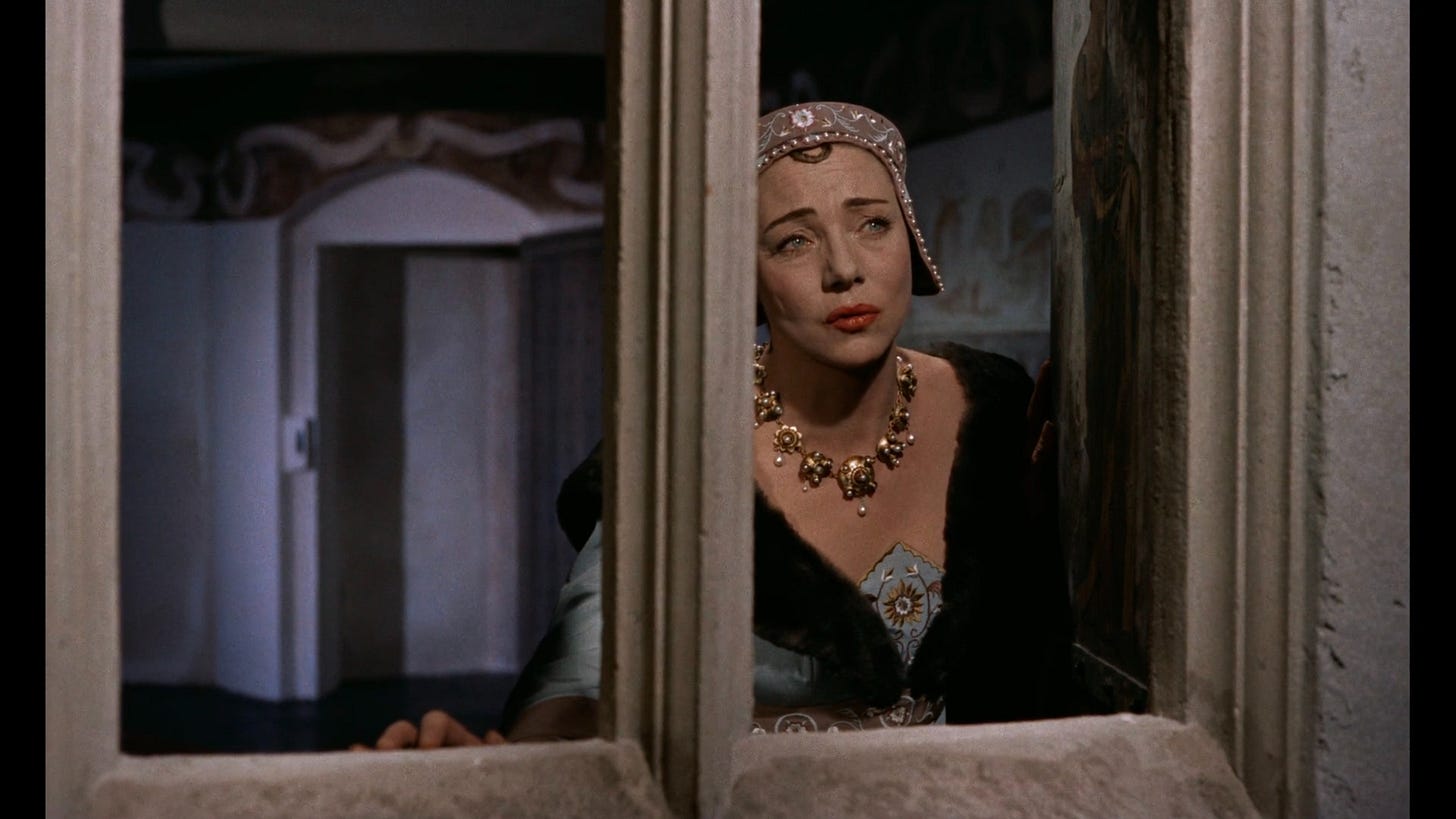
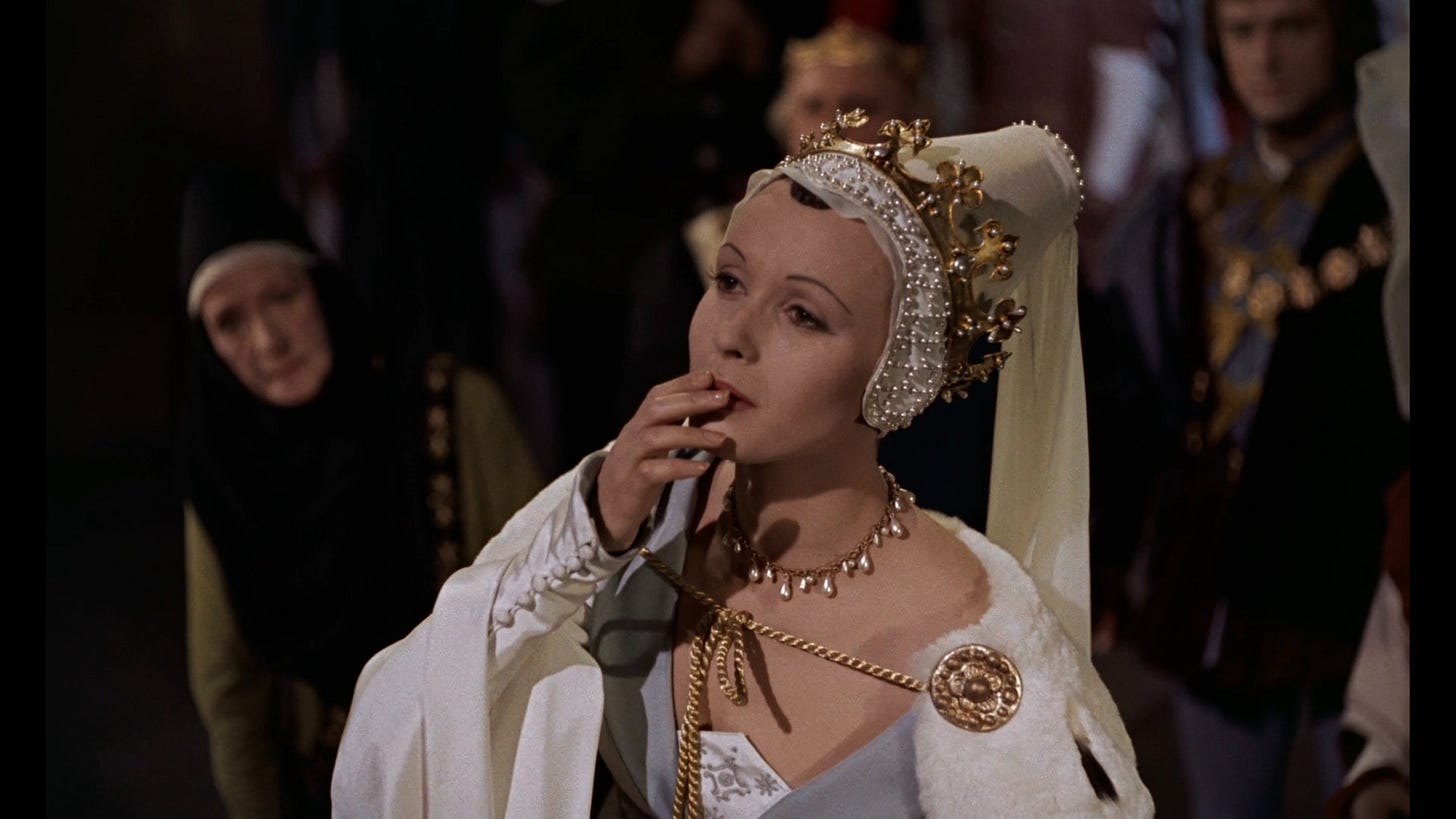
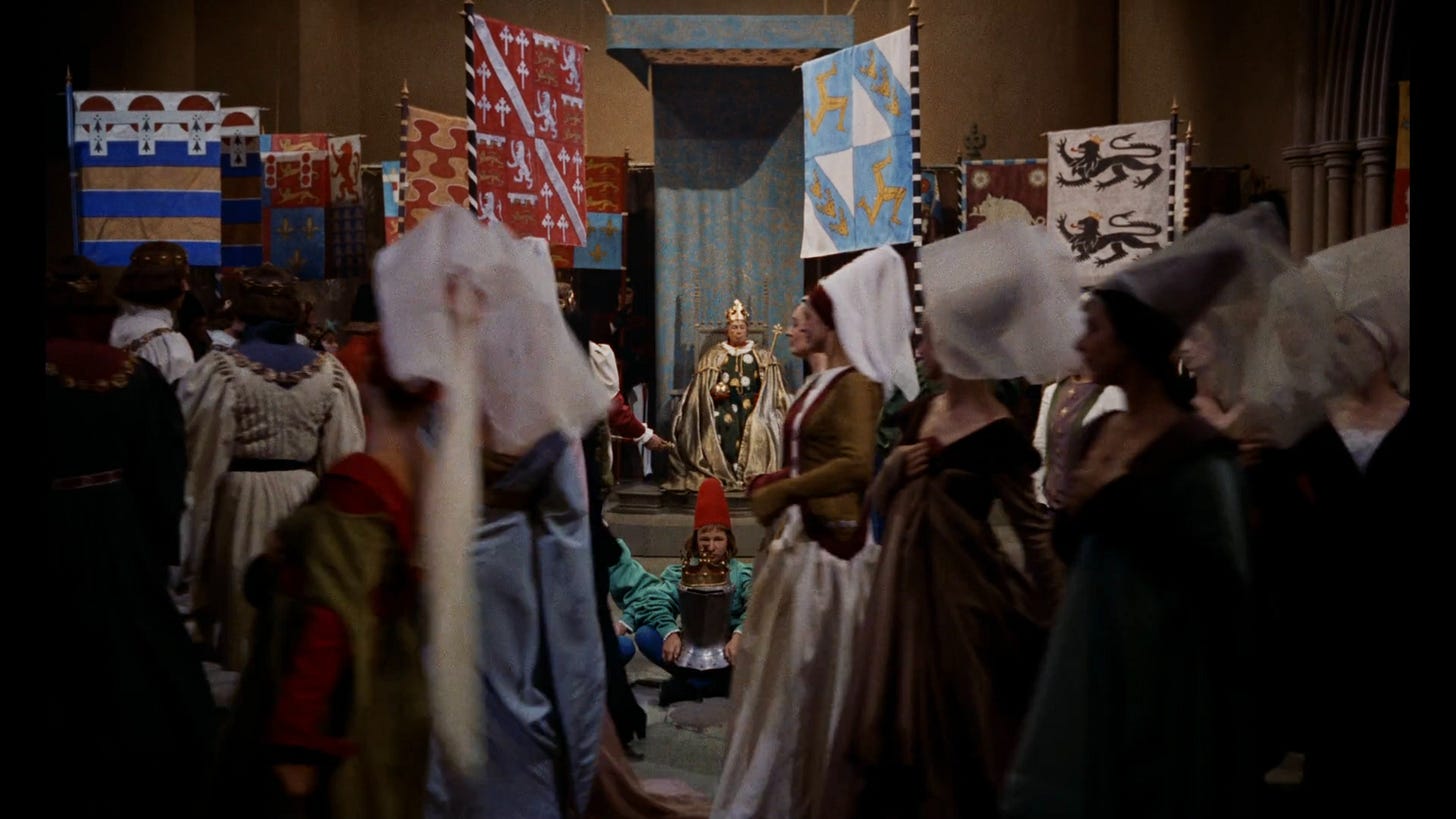
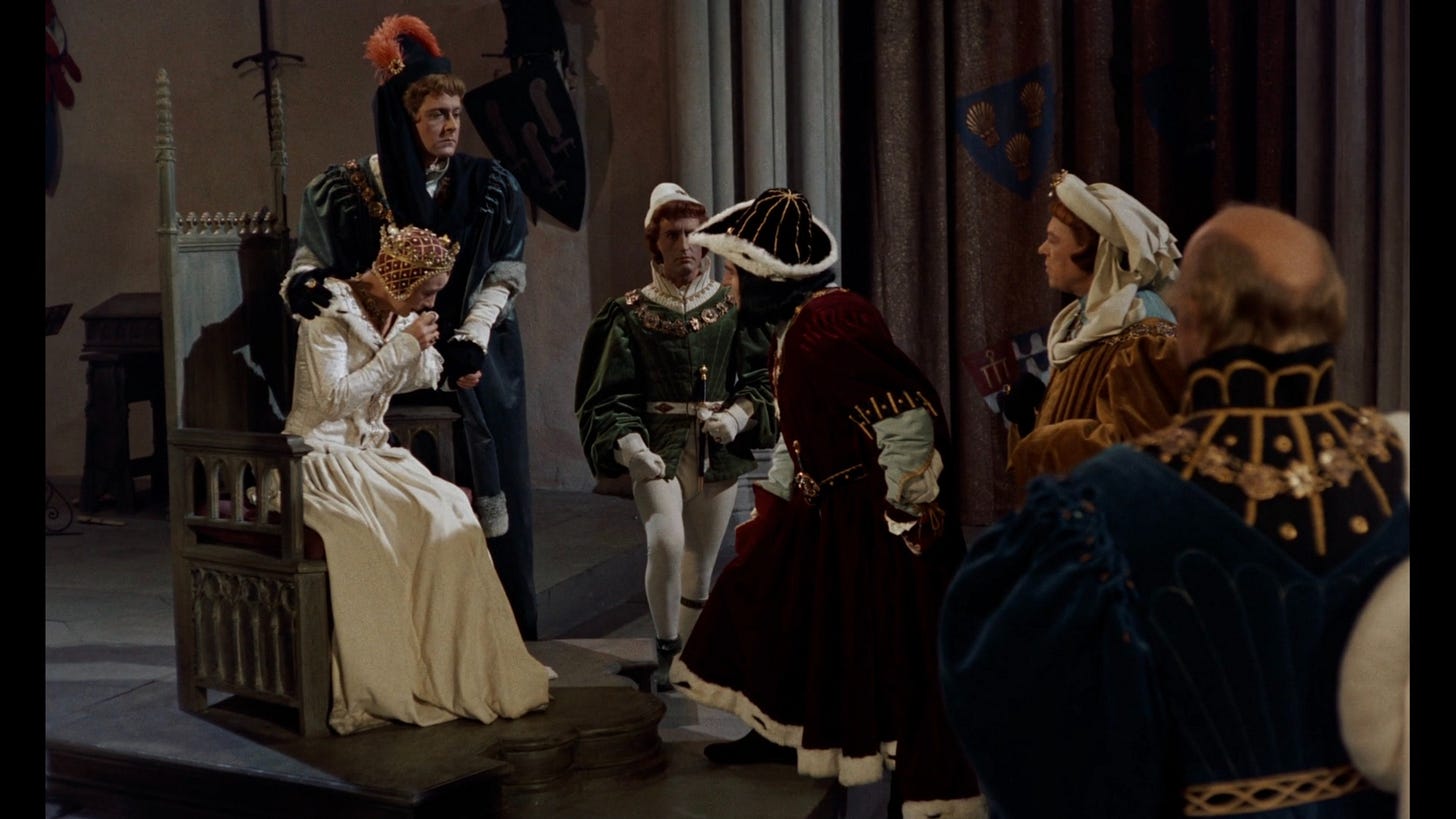
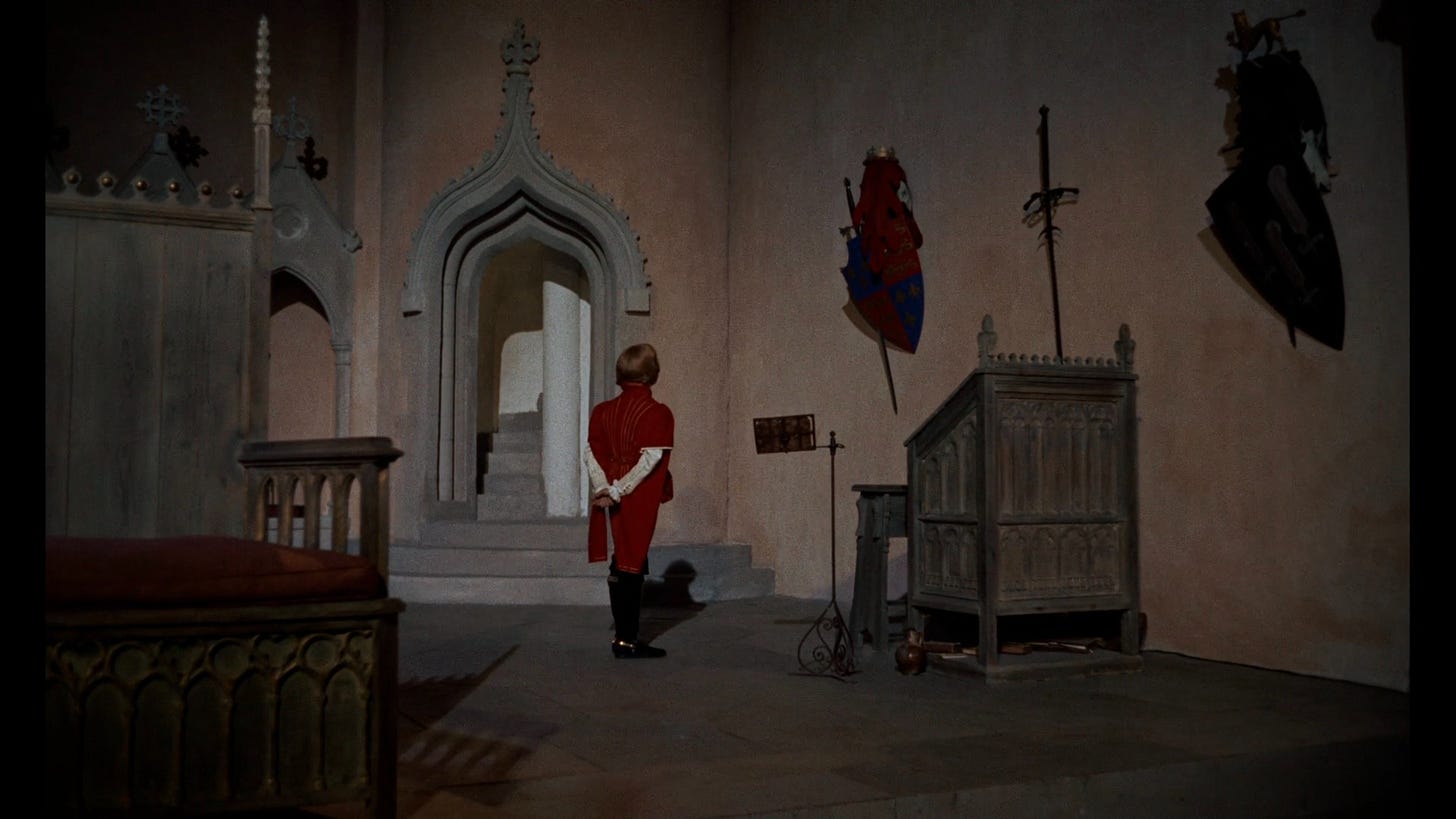
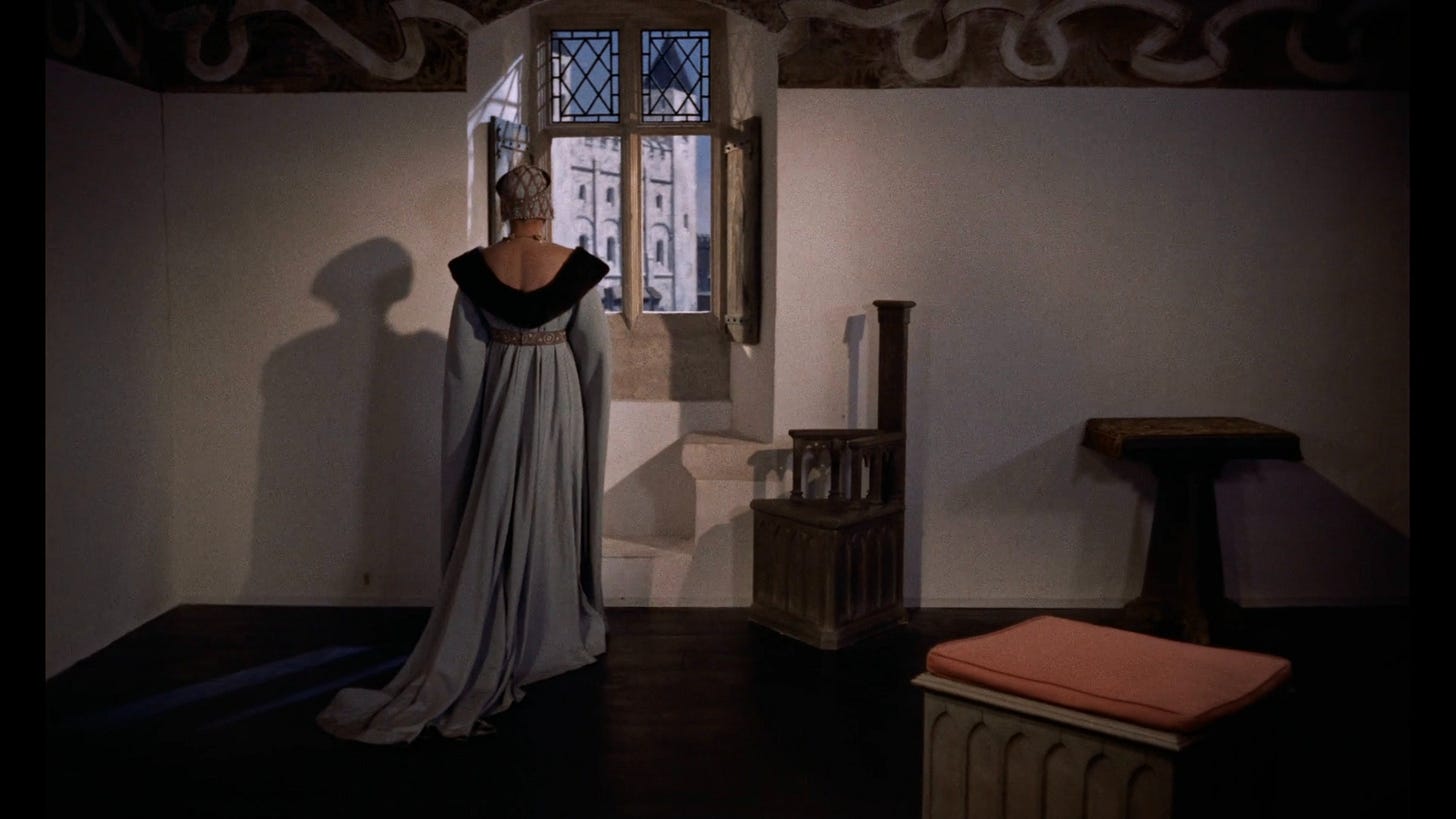
So interesting you took such a big leap. This is definitely the article I need right now… a random book or class is needed to shake up my AI AI AI brain 👌
So much of my joy, both as a child and as an adult, is the result of just getting deeply immersed in something.